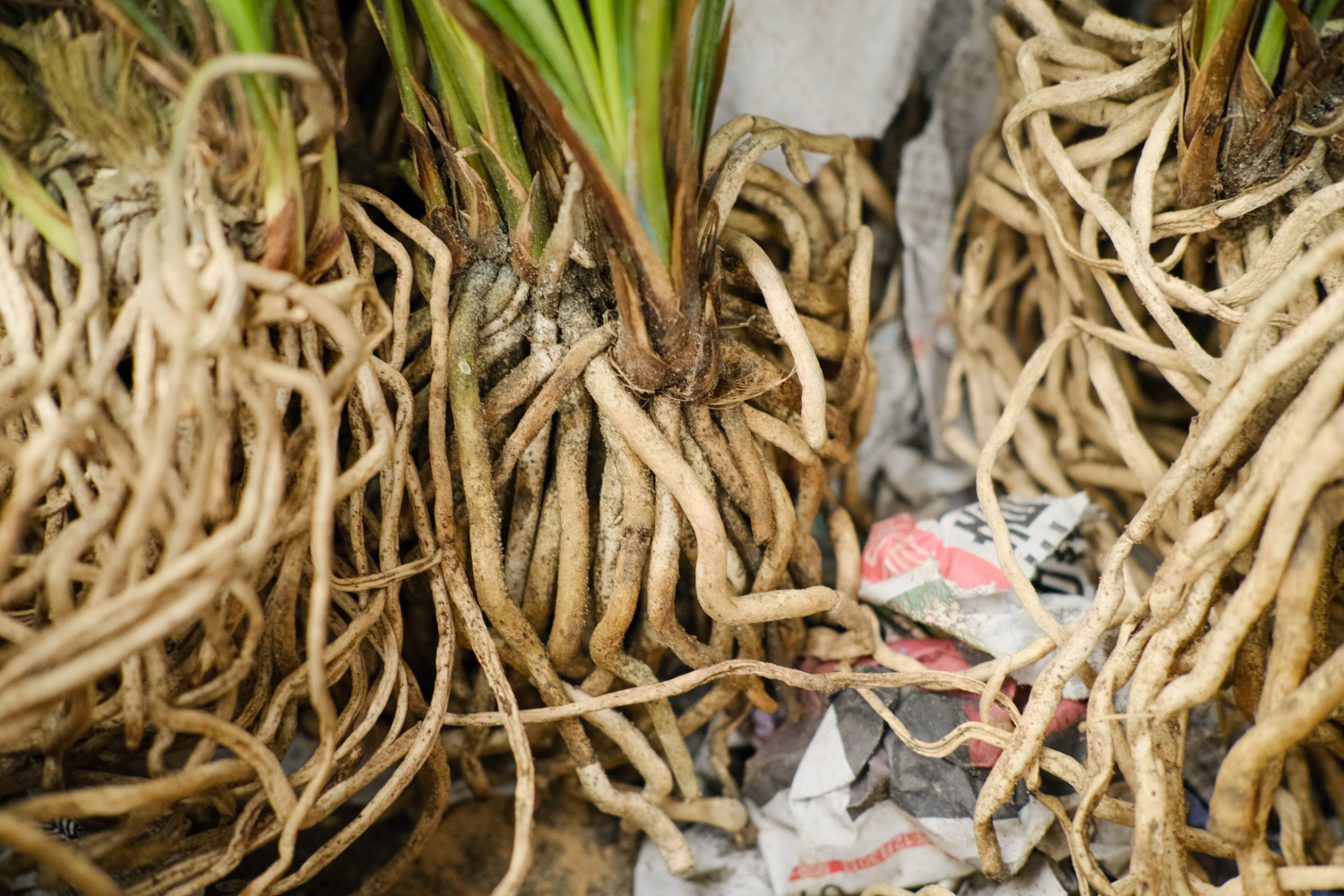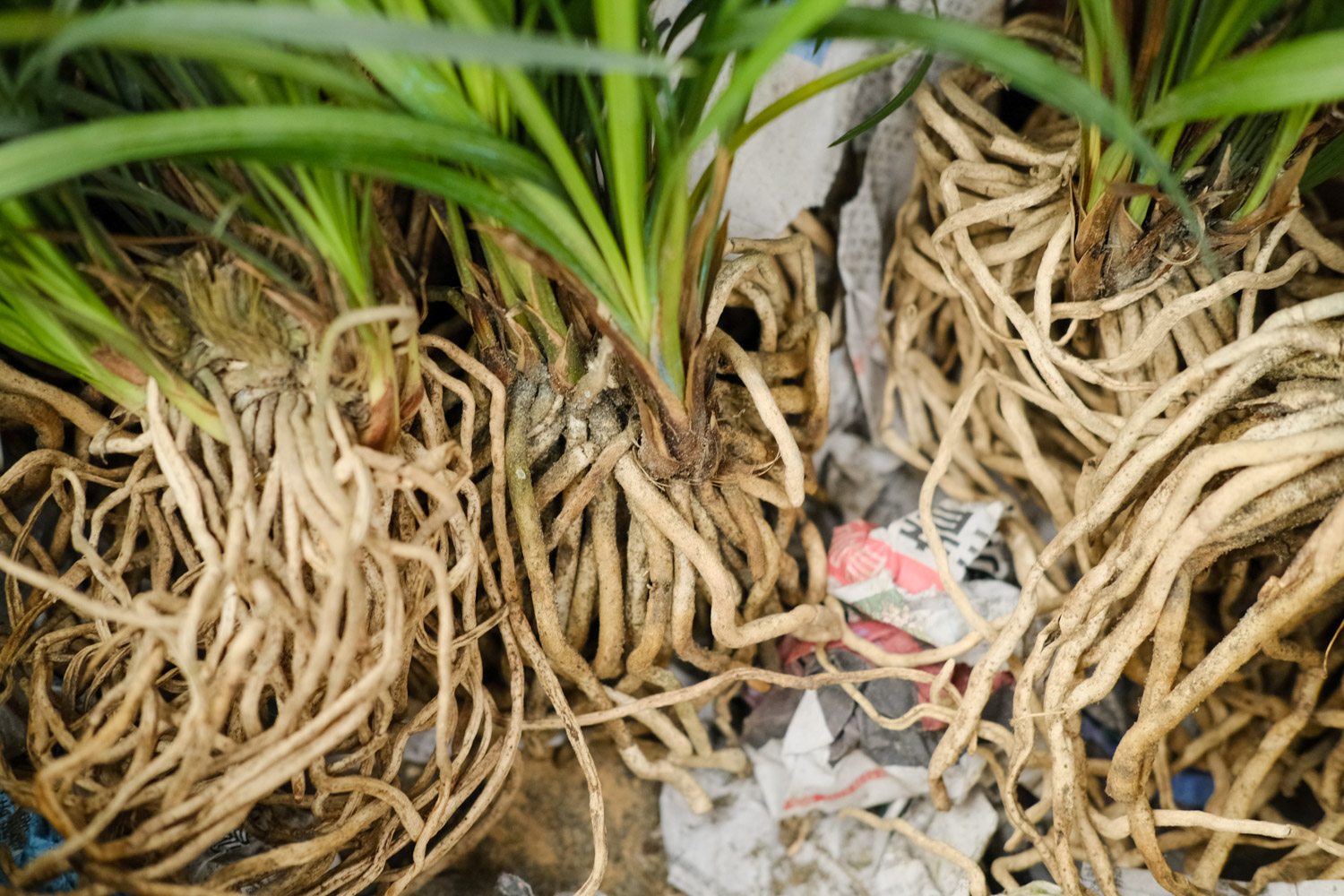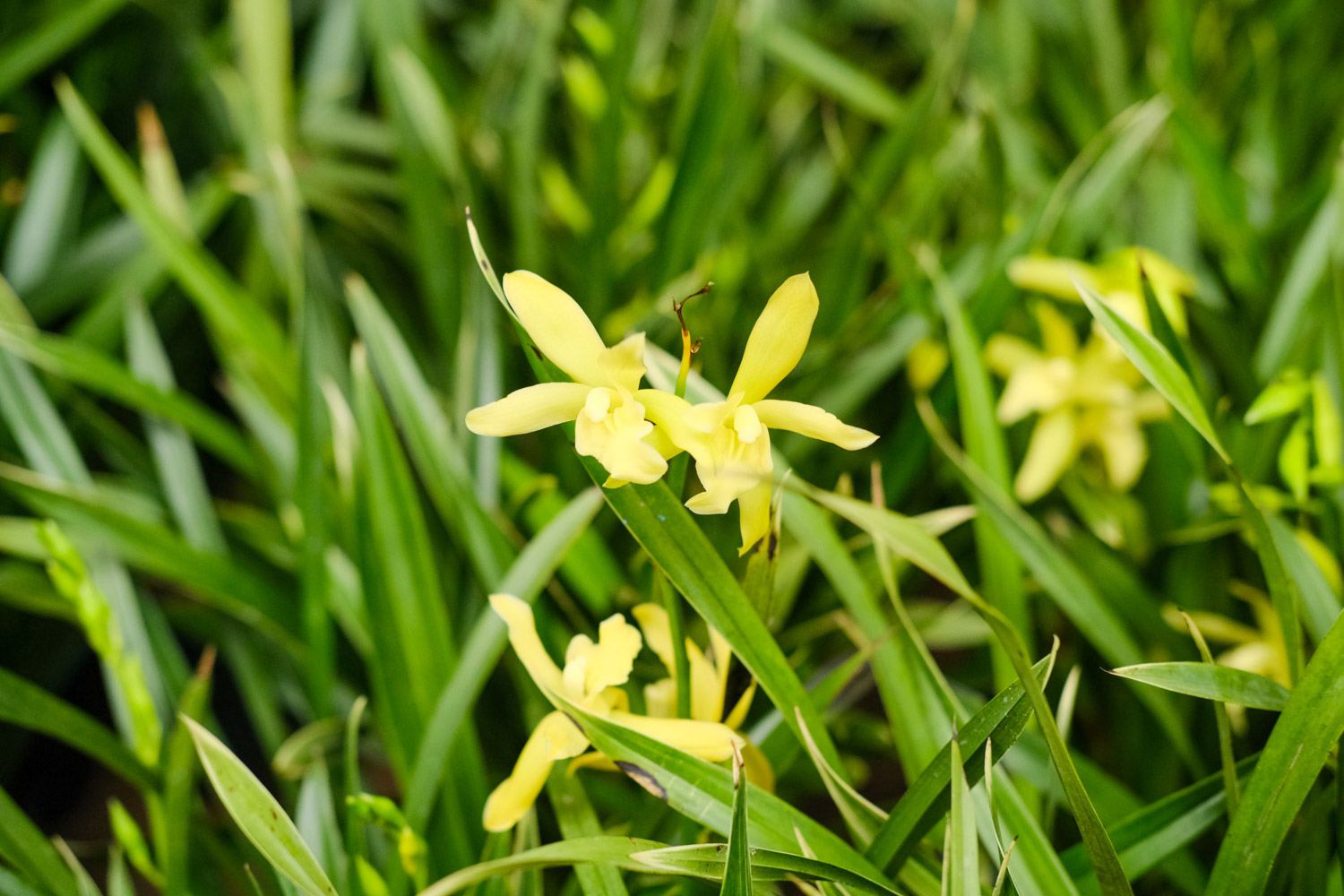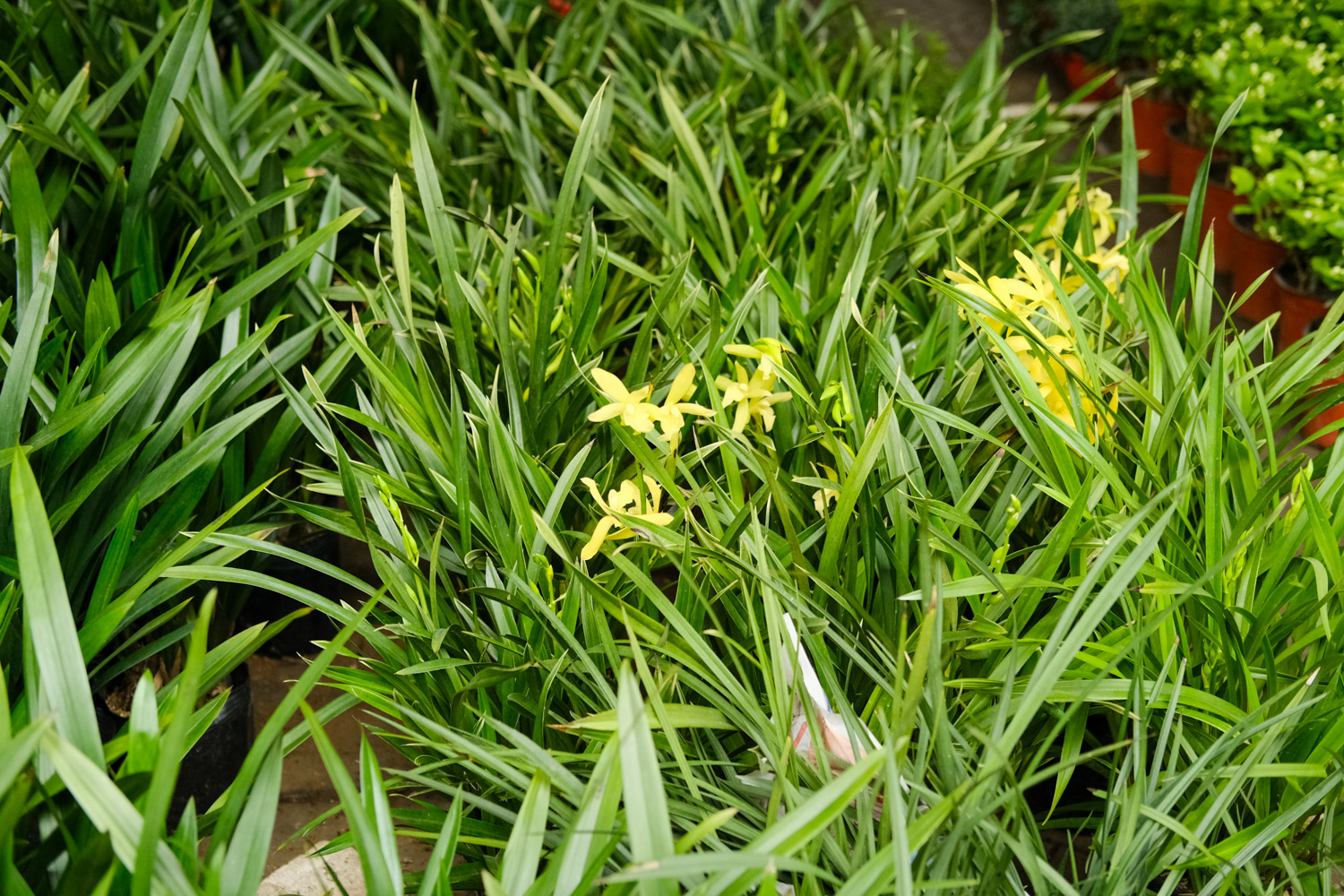1. Insufficient water
If there is no sufficient water supply during the growth of orchids, the plants will not germinate. At this time, it is necessary to water the orchids in time. Watering is divided into two stages. In the process of orchid bud breeding, the principle of "see dry and see wet" is taken as the principle. Wait until the basin soil is completely dry and then pour water again. At the stage of rapid growth of new buds, the amount and times of watering can be appropriately increased. At the same time, in the evening, spray water around the plant with a watering can to moisturize

2. Insufficient light
If the light is not enough, the orchid cannot carry out full photosynthesis, and the plant will not germinate or germinate long. Therefore, it is necessary to ensure that the plants can receive sufficient sunlight. It is best to put them on the balcony with sunlight scattering for maintenance. They can receive light for 5 hours every day. When the light is strong in summer, shade measures should be taken in advance

3. Nutrient deficiency
Untimely fertilization and insufficient nutrient supply of plants will also affect orchid germination and flowering. Generally, when new buds just grow, fertilizer needs to be applied every half a month. Special liquid fertilizer and organic fertilizer for orchid can be used as fertilizer. Wait until July and keep the frequency of fertilization once a month. When the temperature is high in summer, no fertilizer can be applied. Fertilization is best carried out at dusk, and then return water should be poured the next morning after fertilization to avoid fertilizer damage

4. Untimely pruning
Untimely pruning, uneven nutrient acceptance of orchids, excessive consumption of nutrients, and non germination will also occur. Prune the withered and yellow diseased branches and dead leaves, and don't let them consume too much nutrients. Too many flower buds also need to be removed. Only good buds with strong and high survival rate can be retained


 how many times do yo...
how many times do yo... how many planted tre...
how many planted tre... how many pine trees ...
how many pine trees ... how many pecan trees...
how many pecan trees... how many plants comp...
how many plants comp... how many plants can ...
how many plants can ... how many plants and ...
how many plants and ... how many pepper plan...
how many pepper plan...



























